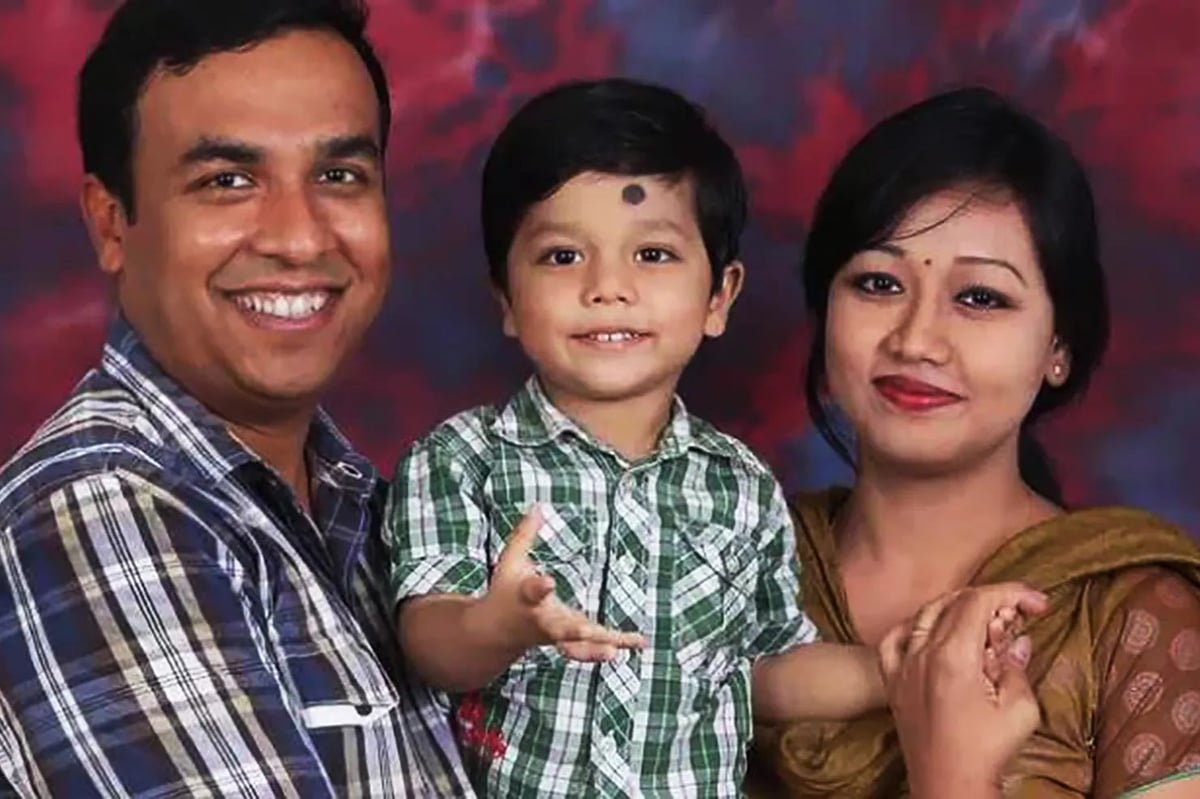
A joint investigation by 60 Minutes, The Sydney Morning Herald, and The Age has raised concerns about Australia's most celebrated brain surgeon, Dr Charlie Teo, and the "medical miracles" some of his patients say he offered them.
On Sunday night, 60 Minutes ran a segment claiming that while Teo's successes have been lauded by the media for years, his failures have "troubled many doctors and nurses who've been left to treat patients and their families left financially and emotionally crippled from his futile surgeries."
The program, hosted by The Sydney Morning Herald's chief investigative reporter Kate McClymont, spoke with a number of Teo's former patients and their families.
One of them was Michelle Smith. When a then 19-year-old Michelle showed up for the first appointment with her mother, she claims Teo told them they had come to the best and that removing the tumour would be easy.
"He was a doctor that had his feet up on the desk, had a yellow snake [lolly] hanging out of his mouth, had a motorcycle helmet right behind him so it was visible," Michelle's mum, Anna, recalled.
"He was arrogant, he was cool. He said, 'You're not gonna get better than me'."
In 2003, Teo removed the tumour that was causing Michelle to have continuous epileptic seizures. Anna drained her savings and borrowed money from family to pay the cost of operation, which was $50,000. In Michelle's follow-up appointment, the doctor told her he had removed some of the tumour, but not all, and that another surgery would be required.


Top Comments